|
20/7/2023 0 Comments SWIFT Character Education Professional Community | Building a Characterful CurriculumLyndsey Bolton of the Alumnis Multi Academy Trust led the final session of the SWIFT Character Education Professional Community looking at how to develop a co curriculum that explicitly develops character, enhanced by enrichment and developed by curriculum offers and opportunities for children as part of Character 'sought'. A class teacher and Character Education Lead across the Trust, Lyndsey has always been passionate about providing children with opportunities to build themselves as strong, courageous, resilient and creative individuals and uses the term “characterful” explicitly and clearly. She started her own character journey building on research work with the Jubilee Centre that provides a useful resource bank for teachers to take the tools back into school and provide creative and innovative ways to teach character through the curriculum. Character needs to be taught. Do not take it for granted that children will soak it up. Or leave it to chance. But provide environments and a culture where they can catch it and seek it. Think about how to message to children and connect it with the curriculum. Why? How? What does it do? Character is an essential part of Personal Development within the Ofsted Framework. Lyndsey reported on a recent Ofsted Outstanding judgement in one of the Trust schools. During Ofsted visits the children have “sung character” throughout the inspection in the way that they spoke, conducted themselves, and demonstrated behaviour for learning in action. Lyndsey is always keen to champion that schools do not work in isolation. But if something is going really well or is in a positive stage of development, to share it in their communities and to learn from one another. Hence the work of this Professional Community. Lyndsey has worked with children and staff to create characterful approaches rooted in the Trust vision of 'Inspiring Changemakers'. Careful consideration is given to the language used in all classrooms and across all the Trust schools that is intentional, explicit and supports each practitioner to weave in impactful opportunities to develop personally and holistically; putting virtues in action. Planned and intentional opportunities to link teaching character through discussion, events, stories in the classroom and assemblies help children to internalise, process and reflect on how to recognise it and then live it. For example, how did they feel when they spoke out? How can they learn for next time? Consider what does it look like across all the year groups and think about the progression. The Alumnis approach is developed from Early Years and throughout the children's educational career. Consider the challenges, but be creative and courageous in shaping your opportunities and enhance what is happening in curriculum time. Map out where children can have multiple opportunities to develop their character throughout the academic year. Confidence is a huge issue and can be difficult for some children. But ultimately, character education and developing a characterful culture within our schools for adults and children can guide them to see the opportunities as positive as they flourish as human beings. As part of the session, there was discussion about the work of the participants and it was agreed that the legacy of Covid is still being felt in changes in character across schools with work to be done.
For instance, Nick Banwell shared the “11 by 11” work of ESW Multi Academy Trust in South Devon in creating opportunities for character development at primary by the time they reach age 11 and for secondary, by the time they reach Year 11. Opportunities are created across key topics, including enrichment, community, careers, forest school, environment, culture, arts, leadership, and mental wellbeing. All the schools are encouraged to connect and learn from each other and to build on their experiences. Given limited funds and pressured curriculum time, ESW is developing a link with the local Rotary Clubs who go into the schools and work alongside the children and provide various support. We thank Lyndsey for leading this session and adding an encouraging and enabling clarity about Character Education that can be bespoke for schools to make their own energy and to feel like they are part of a bigger picture of driving forward school improvement with character development as the foundation. Listening to these sessions always gives me hope. Report by Jude Owens, PA to the SWIFT Executive Team
0 Comments
It was a lovely and uplifting way to end the penultimate Monday in November. The Character Education Professional Community is designed for all Primary (and Secondary) School Leads who wish to develop the ethos, culture, curriculum and personal development of pupils within their own school setting. At the heart of Character Education is teaching character and embracing a characterful approach to teaching and learning. This second session in the series followed the inaugural event that explored ‘why’ we should teach character and embrace a characterful approach to learning and teaching, and now explores the next step of ‘How?’ Andy Ogden, Director of Tarka CPD & Director of Devon Training School Partnership welcomed delegates to the session and introduced session lead, Lyndsey Bolton, Character Education Lead at Alumnis Multi Academy Trust. For Alumnis, it was their new CEO Neil Moir who gave leaders and teams the opportunity to “refresh” the direction of travel and Trust identity after the Covid lockdown, which led to a reframed a holistic curriculum, termed the “C360.” Alumnis is passionate about and committed to personal development for their pupils and young people and has developed a character led way of working across the Trust. The Mission at Alumnis is a commitment “to providing an education that is unsurpassed: developing in students the academic skills, intellectual habits, character virtues and wellbeing that enable each unique individual to flourish as a global citizen” and the C360 is based on four essential cornerstones:
We all colloquially use the phrase, s/he/they is a “character” to describe our students and fellow human beings. But if you are wondering how to define character, here are some helpful pointers:
Character Education allows learners to understand who they are and how they impact people and the world around them and supports learners to develop positive personal strengths As Character Lead, Lyndsey Bolton developed a Character Education approach for two – 11-year olds, which was rolled out across all the Trust schools in 2020/2021 This approach is rooted in Aristotle virtues and based on the work of The Jubilee Centre for Character and Virtues (part of the University of Birmingham) Across the Trust character is taught explicitly as well as caught and taught as part of a 'flourishing for all' curriculum. The heart and soul of Alumnis Character Education is that the children become inspiring changemakers. With Character as the foundation, children are encouraged to seek to put a wide range of virtues into action. They “live the virtues” (rather than laminate the virtues). Change is inspired through a layered approach. Consistent language is used throughout all the schools and feeds directly into the Conduct Policy, and is the basis for behaviour and all relationships – both between pupils and staff; but also, in how adults talk to each other. This way, the children know and increasingly understand the language of virtue in every situation and the whole school learns, discovers and acts out the same virtue and ultimately reflects on it. Hence, the Alumnis logo of the tree with character at the core; nourishing all learners at the roots and encouraging them to seek to put virtues into action as the fruit. And the best bit? The children are proud of their character virtues and proud of the differences they can make, no matter the size. They can talk about how they develop their character. They even delight in spotting when characters in a story are not showing good character virtues. Putting virtues into action includes the children engaging in adventures, research projects, preparing their own TED talks, using the UN goals on sustainable development for research talks and fundraising as they work towards a certificate and celebratory badge at the end of the year. Small and big successes are all rewarded and recognised. Characterful approaches are explored that go beyond the ‘taught,’ which shape the culture and ethos of schools, and impact on curriculum evolution, and have positive effects on pupil attainment and radiate out to impact on parents and the wider community. St Helen's Church of England (one school within the Alumnis Trust) can vouch for the value of the Character Education approach that has been developed. Headteacher, Bex Northcott is also the Character and Curriculum Lead and shared how St Helen’s is explicitly and effectively implementing Character Education with a positive impact on school improvement. Pupils at St Helen’s engage in an enquiry-based curriculum from the moment they arrive, which is underpinned by the Church of England Christian, as well as civic and moral values. For example, at the moment, the whole school is currently investigating what it means to show courage. Bex had countless moving and motivating examples. To name but a few, Year 4 are leading an enquiry into why people move, migrate to/ from the UK through the context (lens) of courage. Year 6 are looking at why people live where they live, and are inspiring inclusive, character-driven researchers looking at what is necessary within 20-minute community. As well as in the classroom collective worship is an important vehicle to reiterating the termly and in-the-moment virtues. Genuine opportunities are sought for the children to practise and access a character virtue every half term, enhanced across curriculum areas, looking to what is happening in the world. Keen volunteers and fundraisers, the children have recently taken the initiative to create Christmas boxes to donate to the local Ukraine refugee point. The children are inspired changemakers. But of equal value, it is when the best character is not shown that the children learn the most. One story should be retold. A Year 6 pupil was a committed and able sportsperson, but was unhappy about what she perceived to be an injustice in how women’s sport was portrayed in the media. She took it upon herself to write to the England Rugby CEO. A well-structured and thoughtful letter. But she warned not to expect a reply. However, she received a reply from the CEO and CFO who asked to visit her rugby club and invited her to be a young ambassador. This characterful pupil is now in Year 8 and she and the English Rugby CEO have kept in contact and there are currently 21 rugby girls playing in her team. Another must tell. A Year 5 boy read a news article about the risk of cardiac arrest and was concerned that the nearest defibrillator in the village was in the local pub. He put his mind to raising money and reached out to crowdfunding. He raised £1700 that was match-funded and there are now three open access defibs in the village. So many uplifting stories thanks to the value of Character Education. Cake sales run by the little ones donating toys and clothes. An inspiration across the whole Trust to so many children. A recent Ofsted inspection in a local school looked deeply into personal development and noted that the children were living the vision of virtues. The Behaviour Policy is now called Attitudes to Learning Character Development and demonstrates that it is powerful to praise children for having the confidence to be honest, and for having a sense of justice. Even when there are challenging conversations around forgiveness and restoration, to be able to praise children when things have gone well is life-enhancing. 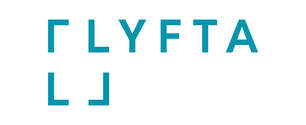 SWIFT sponsor, Lyfta presented on how they bring Character Education into school through an immersive digital platform. Director of Education and Impact, Harriet Marshall explained how Lyfta provides a platform for young people to explore and understand the world and themselves better. They can develop their own character through storyworlds and connect across the world in a social and interpersonal sense. Meaning to “lift up” from the Nordic word, Lyfta attempts to lift the world into view for students. The platform uses carefully curated short documentary films that support character and values through a connection with real-life stories. Schools across all the phases use Lyfta storyworlds as educational resources linked to their curriculum, working with teachers to develop into subject and PSHE Schemes of Work to support lessons and help boost an all-important sense of belonging. Lyfta shows how it is powerful for young people to feel included. At a West London Primary School with 49 different languages, one pupil was moved from watching the storyworld about Deenpal, a young football-loving Sikh growing up in Denmark who tells his own story about striving to be a famous goalkeeper and finding the courage to dive after the ball. It is perhaps the words of a Year 10 student at Upton Court Grammar School who wonderfully encapsulates the work of Lyfta: “I think what you're doing is brilliant… I love that you can learn about people. Because there's a word, it's called sonder. It means, the realisation that everyone has their own story, and everyone has their own life as complex as your own. And that we are all like ants crawling around an anthill, trying to figure out where to go, without looking at other people. And some people, they look at other people and dismiss them, some people look at other people and want to know the story behind them, and Lyfta makes all of us the second kind of person.” Find out more about trying Lyfta for free and benefit from training and access to all the storyworlds for a trial month. 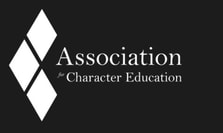 Director of Schools Engagement and Partnership, Andrew Pettit from the Association for Character Education (part of The Jubilee Centre) provided an insight into their bespoke consultation work supporting schools, based on the unwavering belief that character development is essential from nursery to Post-16. Andy Ogden concluded the session by acknowledging schools are often so busy in curriculum development that they need to pull out the core themselves and focus on the internal character of the child and how they see themselves. It is a useful exercise in pushing the reset button after Covid with essential links to identify and a sense of belonging. “It’s not what you put on the plate, but the plate itself.” Schools are re-evaluating and starting a powerful conversation. The SWIFT Character Education Professional Community will continue to build a network of leaders and practitioners across the Southwest who are passionate about designing and implementing holistic educational provision that acknowledges the importance of personal development as well as the importance of academic attainment. Report by Jude Owens, PA to the SWIFT Executive Team Our sponsor Lyfta recently presented at our SWIFT Character Education Professional Development Community on the topic of "Flourishing for All – Implementing and Embedding." Character Education is one of the core Lyfta focus areas, and is at the heart of education - and it could be said to be our true legacy as teachers. Lyfta considers here how character and values-based learning can be made part of the curriculum. When you were at school, who was your favourite teacher and why? When I ask teachers this question, they often focus on those who were kind or caring or passionate. Qualities and values that went well beyond knowing their subject well. As teachers, we want to help young people realise the best version of themselves, particularly in our ever-changing world. Character and values-based learning equips students for the future and sits at the heart of what we do as educators, but it's not always easy to embed it into classroom practice. When I was working as a secondary teacher, my Headteacher used to encourage us to ‘teach the children in front of us’. Sounds obvious doesn’t it? But ultimately, we often teach to our own style, our own tastes and preferences. What we have to do is consider every individual we have in front of us and what they need, based on their experiences. “Books are sometimes windows, offering views of worlds that may be real or imagined, familiar or strange. These windows are also sliding glass doors, and readers have only to walk through in imagination to become part of whatever world has been created or recreated by the author.” RUDINE SIMS BISHOP Academic, Rudine Sims Bishop, explored children’s literature and the extent to which children's literature is written by African American authors and represents African American characters. In her work, she advocated for books to become more than simply windows, allowing us to look in at other people. Instead, she suggested that stories should act as mirrors, allowing children to see themselves reflected back at them and even better is when they act as sliding glass doors, allowing us to step into another's life – to experience what they do, and learn to empathise with them. As teachers, we can develop values and character in our children by giving the opportunities to both see themselves reflected and experience the lives of others. Beyond our own moral obligation to support students to become the best version of themselves, there are also statutory requirements that every school must adhere to. For example, the Ofsted framework expects students to behave respectfully and courteously, as well as the school providing lots of opportunity for personal development. The newest RSE statutory guidance, released in 2019 and updated in 2021, outlines the ways in which schools must teach and support students to develop healthy and respectful relationships. There is also an expectation for all schools to provide spiritual, moral, social and cultural education, which includes moral and social skills and values. 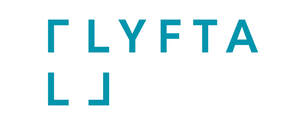 Lyfta gives teachers the opportunity to nurture the whole child, build character and embed values, including resilience and service. 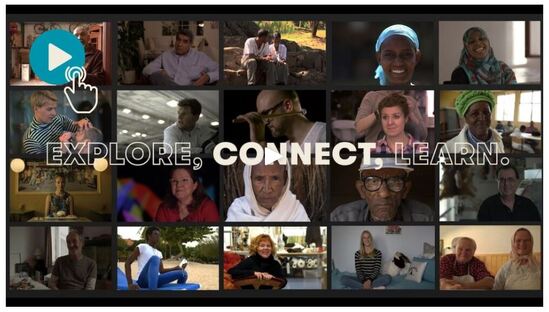 Its immersive platform can help you to embed positive values in your classroom and equip your students for the future through its world of positive human stories. Each story has its own 360 degree environments, unique soundscapes and powerful short films to immerse students fully in a world beyond their own. Students meet with individuals from communities across the globe, connect with their inspiring stories, and reflect on their values. Our Kids’ Cup storyworld, which features the journeys of five young people competing in an international children’s football tournament, is one of many that helps teachers introduce values including perseverance, resilience and leadership to students. Independent research conducted by the University of Tampere has also shown that Lyfta’s immersive human stories help students to develop empathy and understanding for those who are different from themselves. By Anna Szpakowska, Lyfta Professional Development Lead Explore Lyfta for FREE when you register for the Lyfta starter, no-obligation trial. 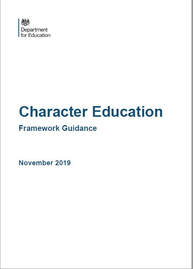 You may wish to explore the Department of Education’s Character Education Framework Guidance. Whilst it is not mandatory, it provides a possible starting point for schools considering how they embed character education into their curriculum and wider school life. |
SWIFT News
|
SPONSORED BY
Join us, be a part of our SWIFT community |
© COPYRIGHT 2022 SOUTH WEST INSTITUTE FOR TEACHING SWIFT. ALL RIGHTS RESERVED | Website by brightblueC
VIEW OUR PRIVACY NOTICES | VIEW OUR COURSE T&CS
VIEW OUR PRIVACY NOTICES | VIEW OUR COURSE T&CS

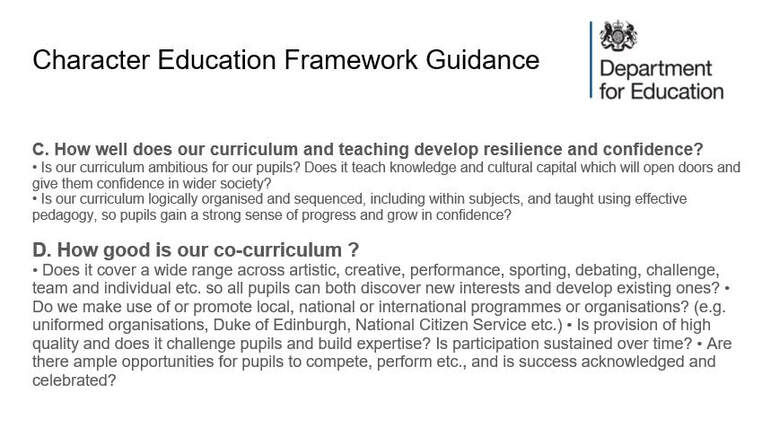
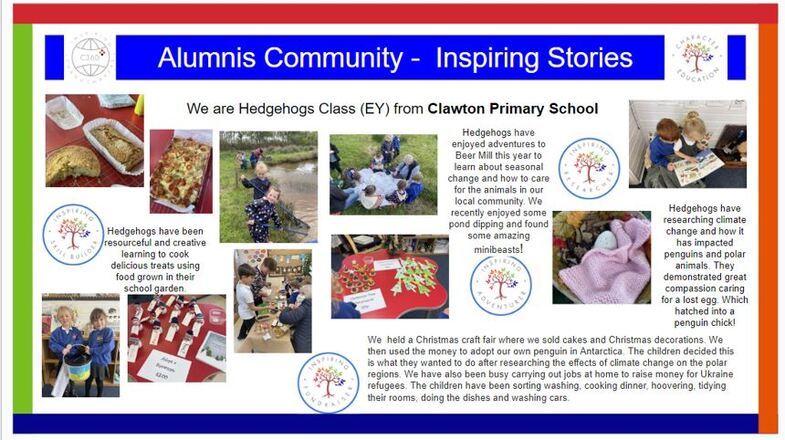
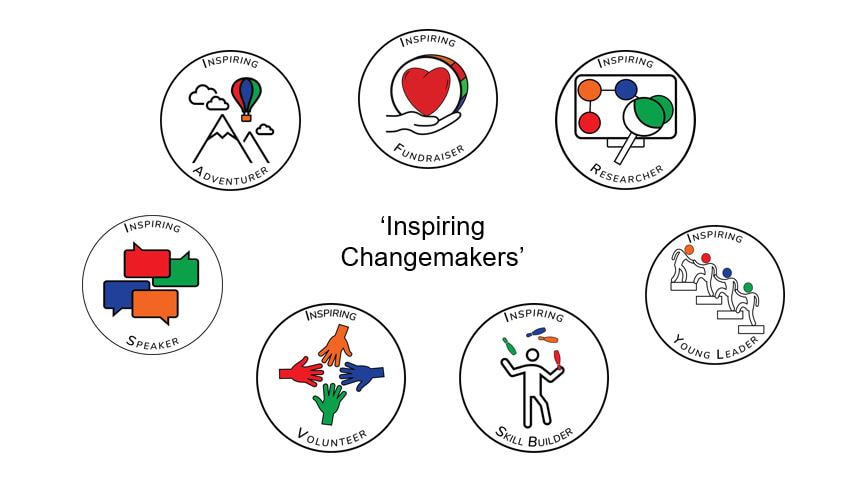
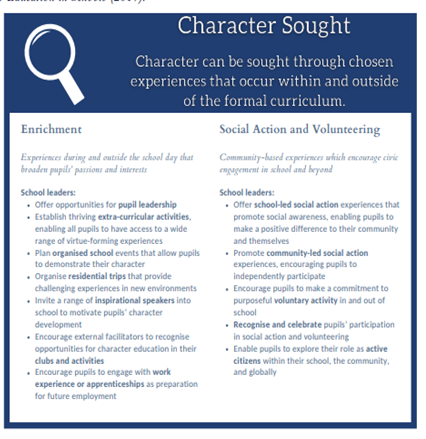
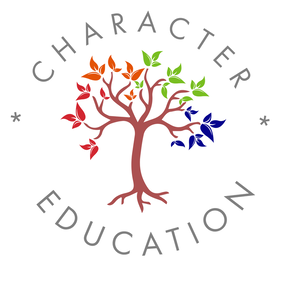
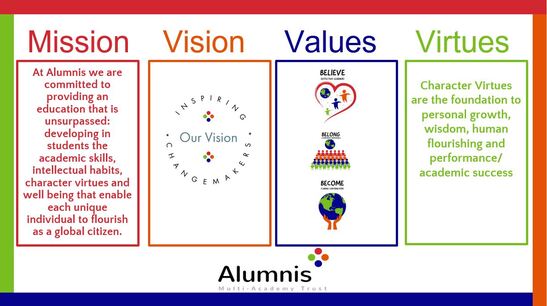
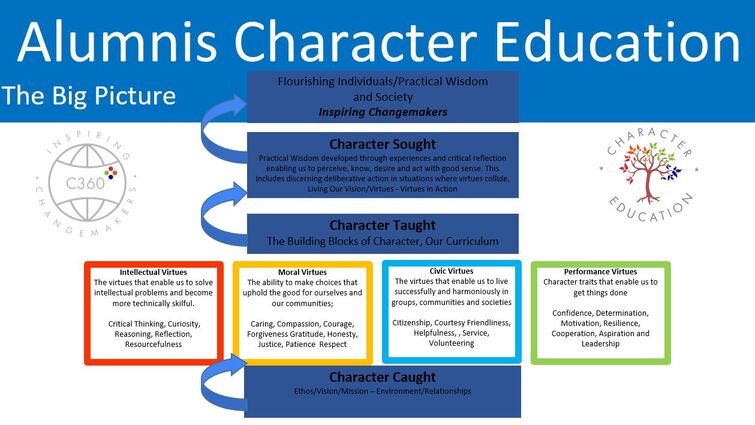
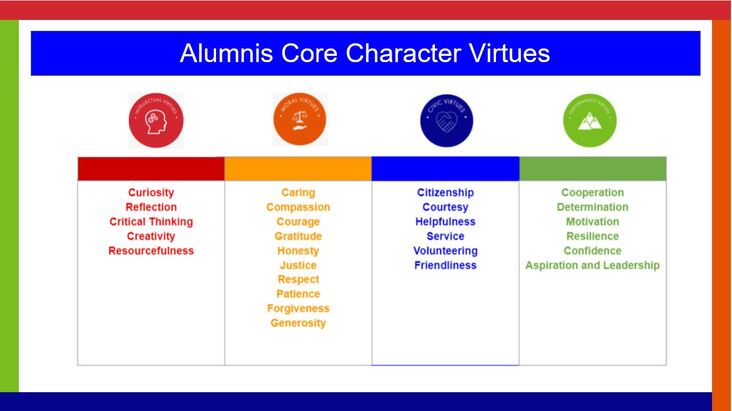
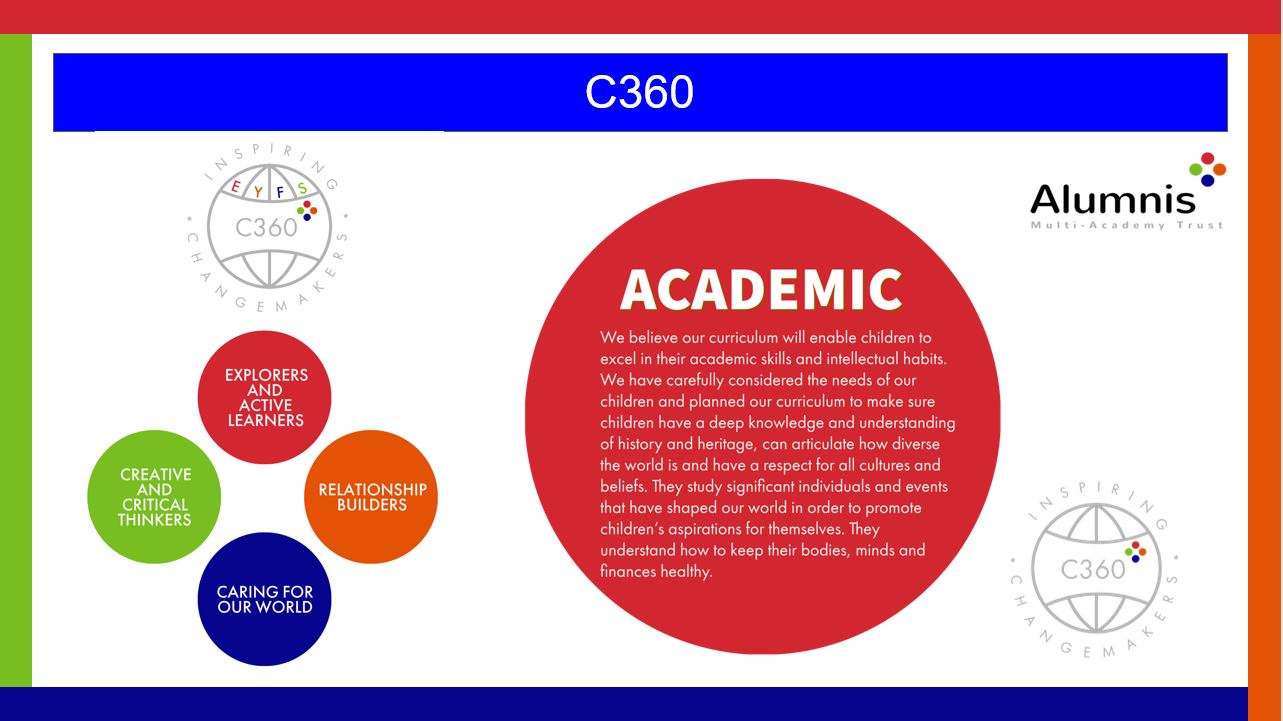
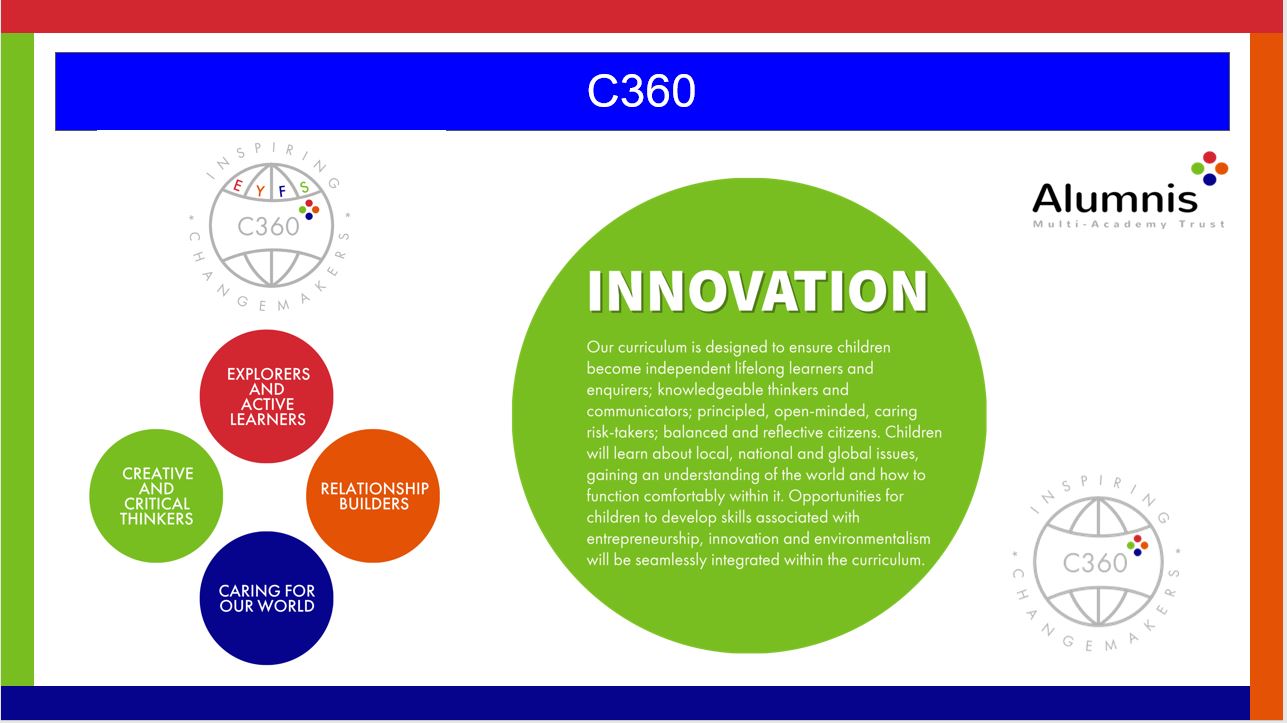
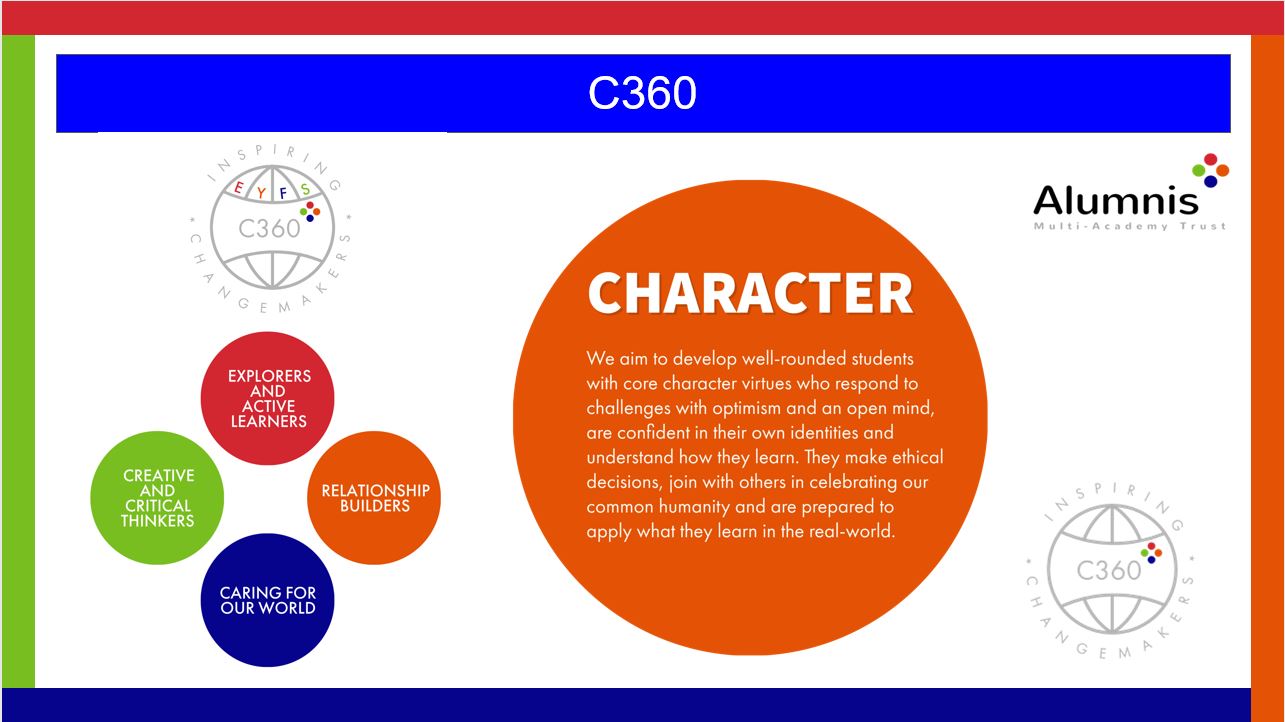
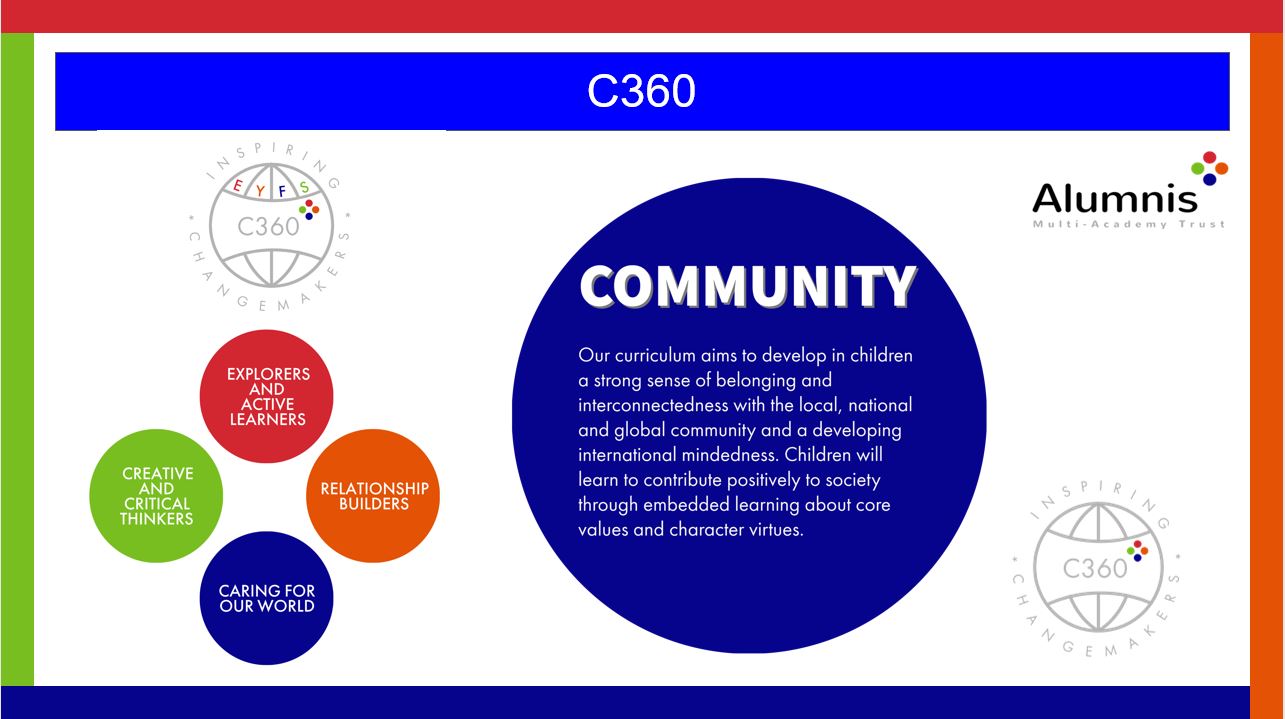
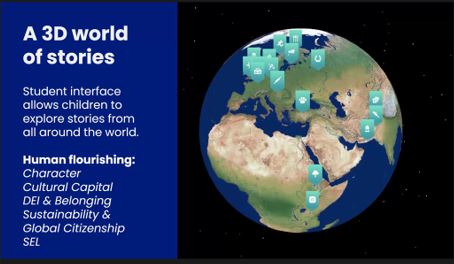
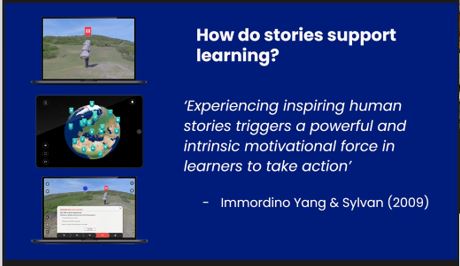
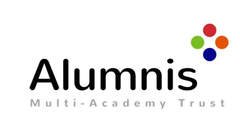
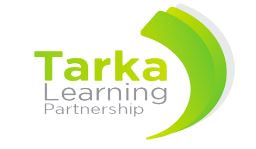

 RSS Feed
RSS Feed





